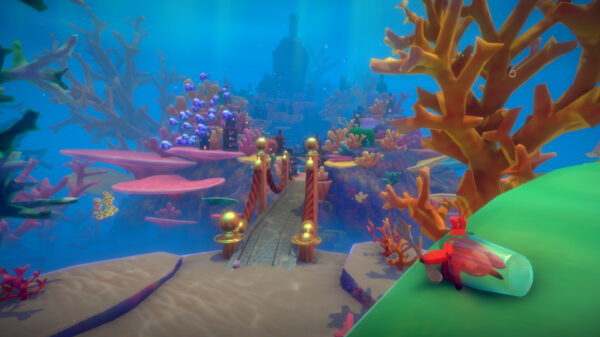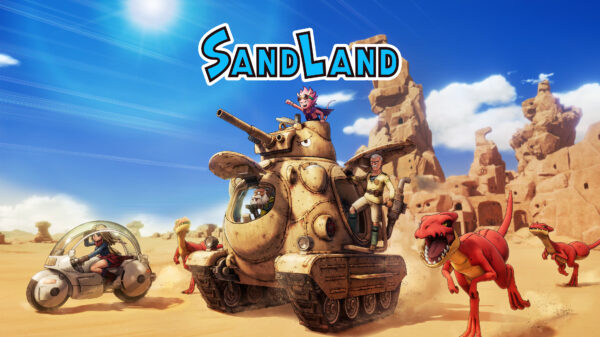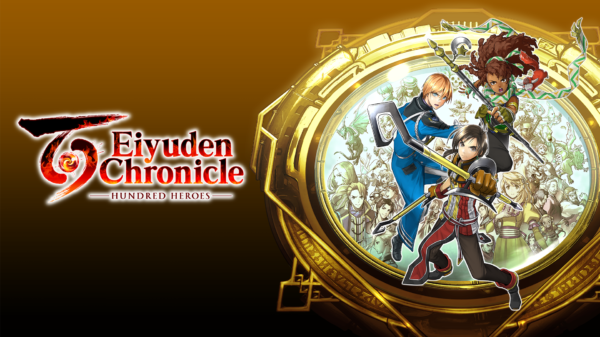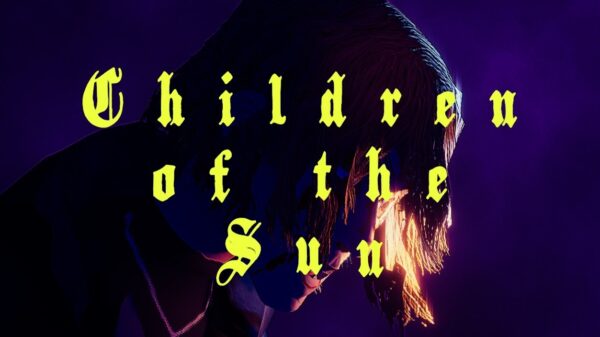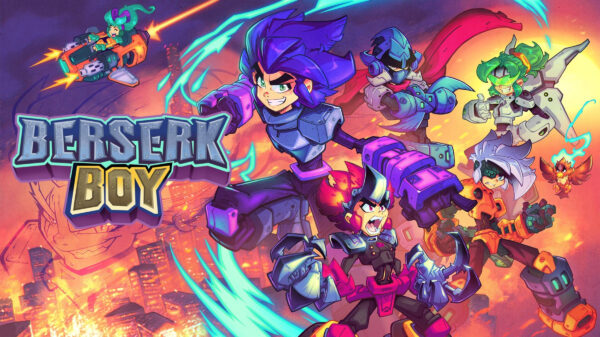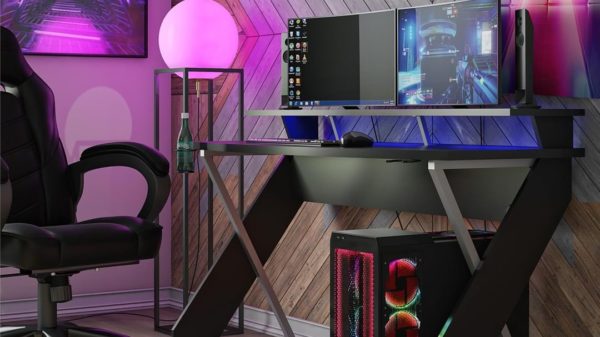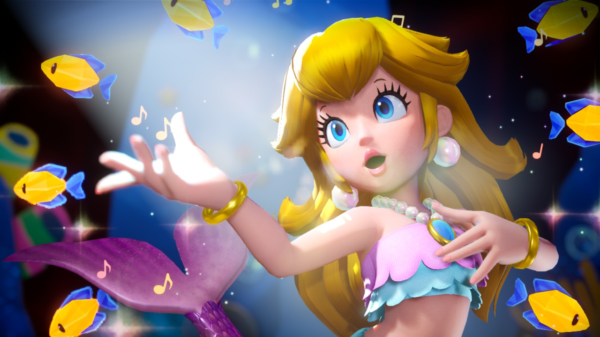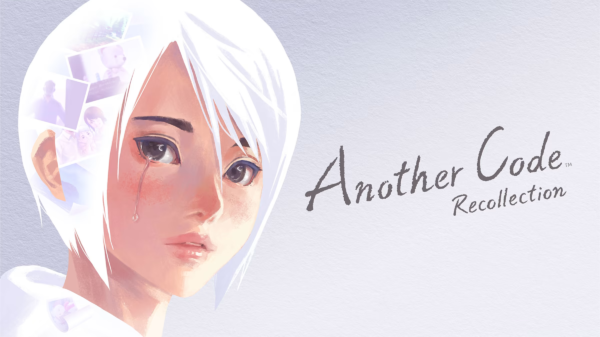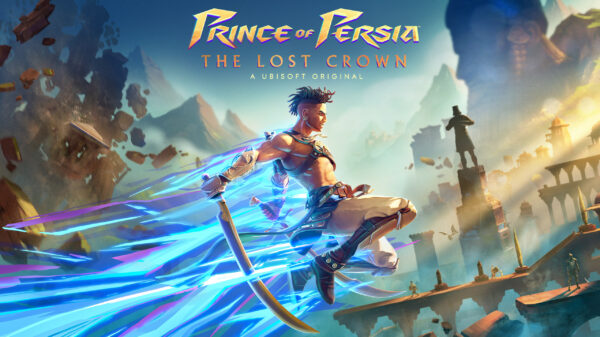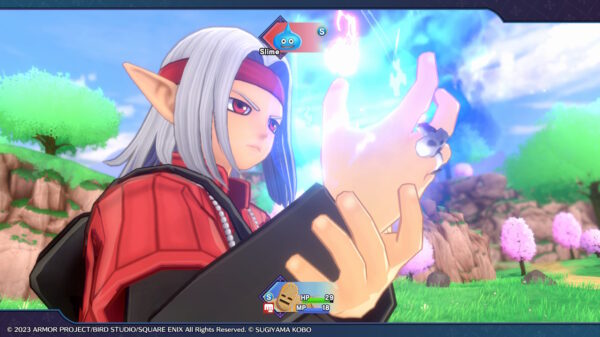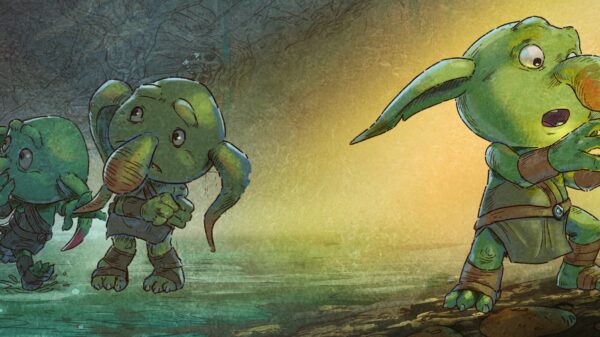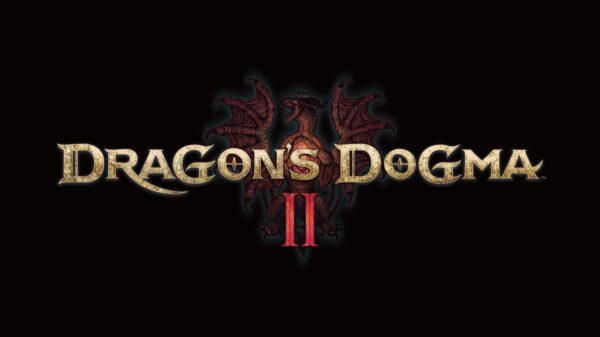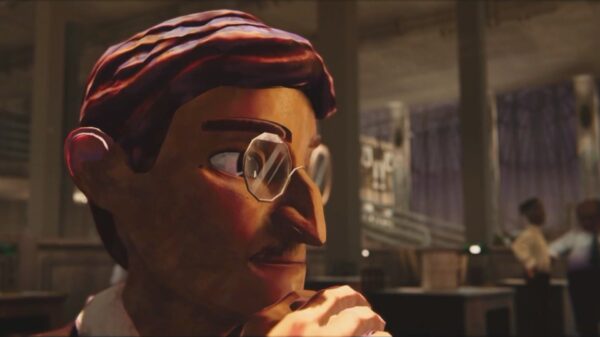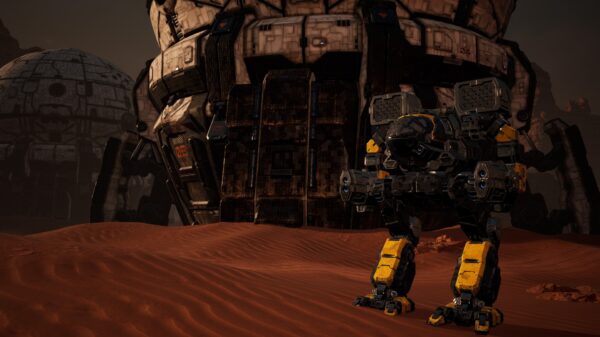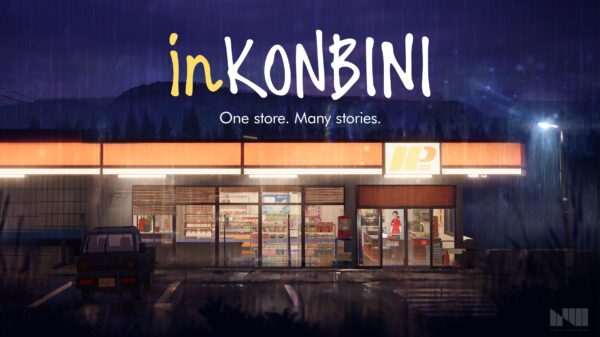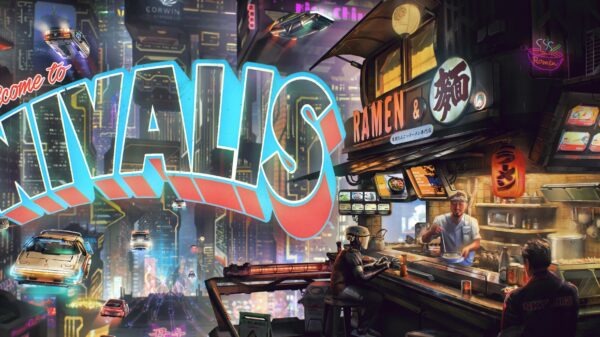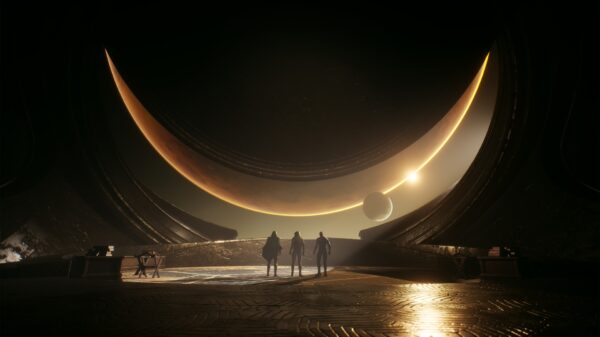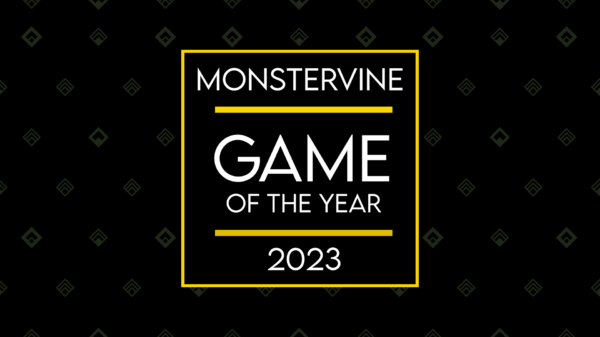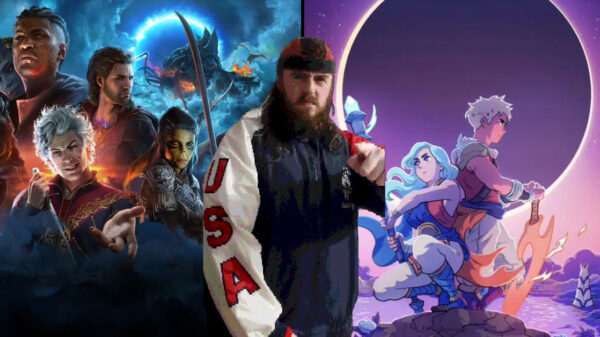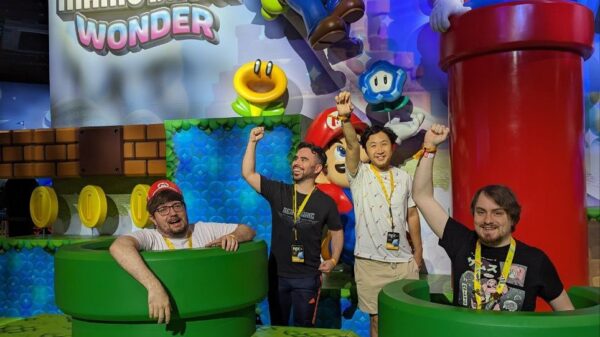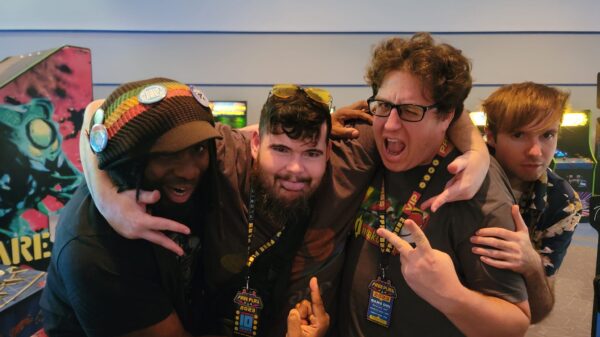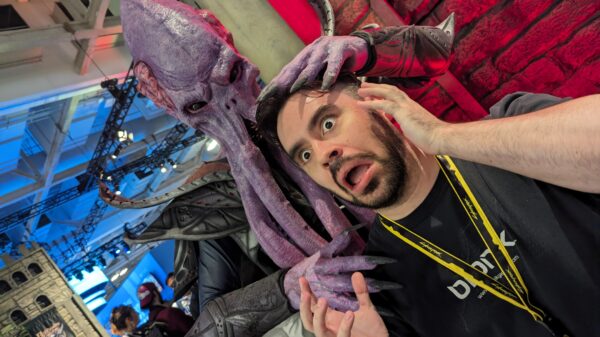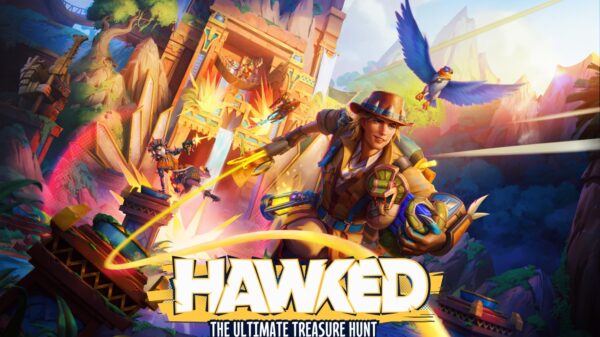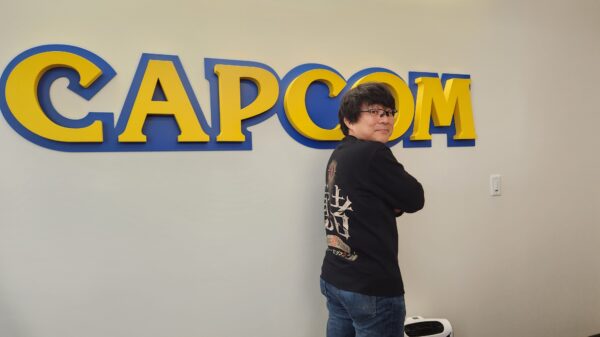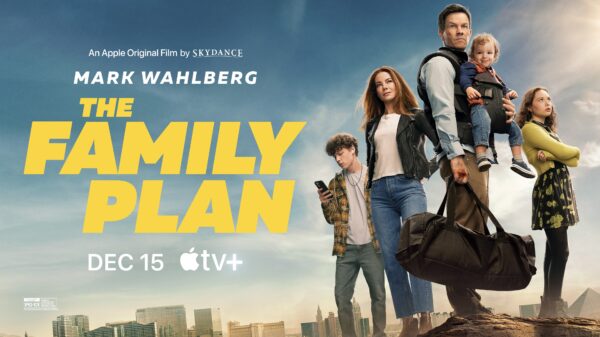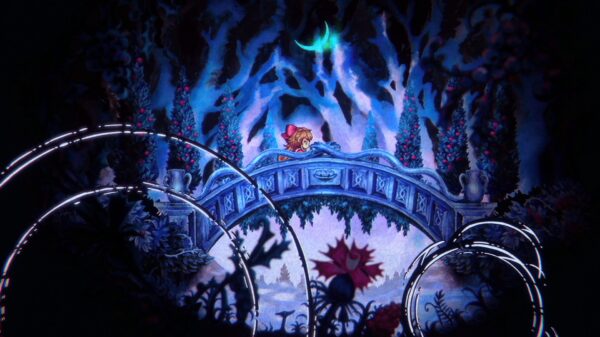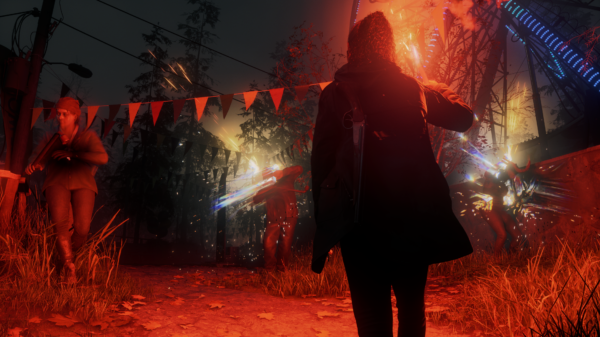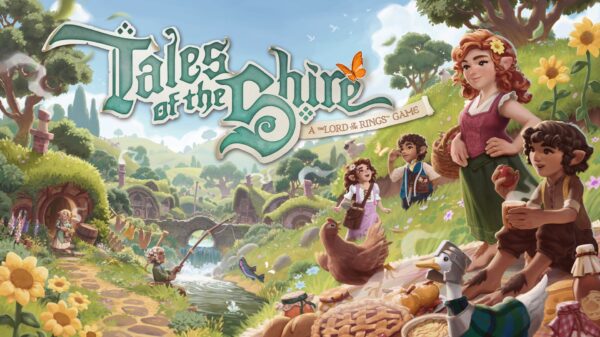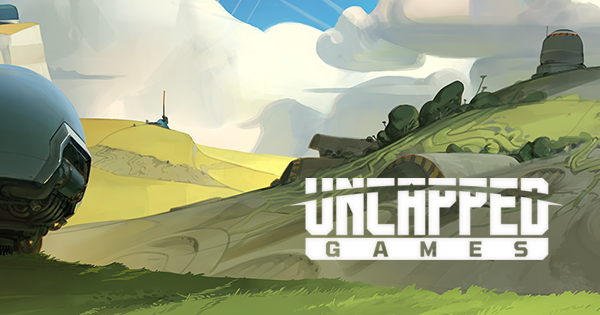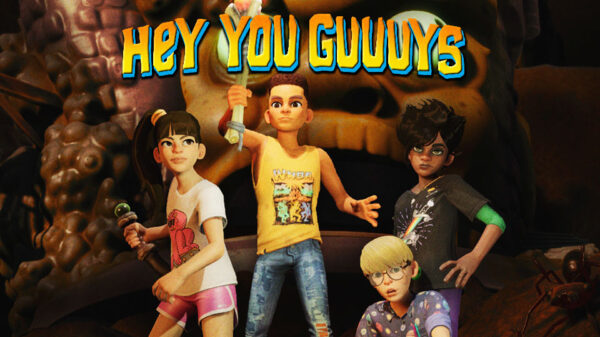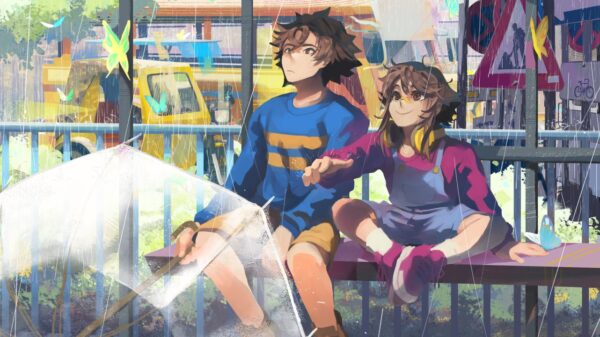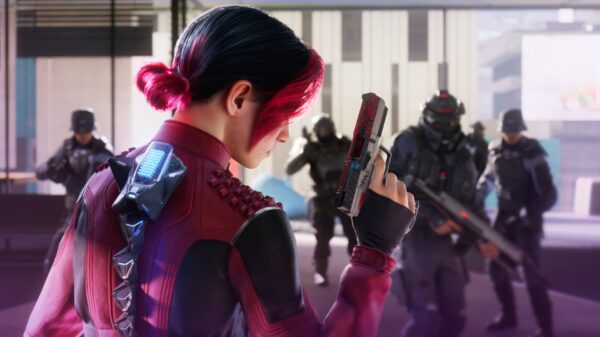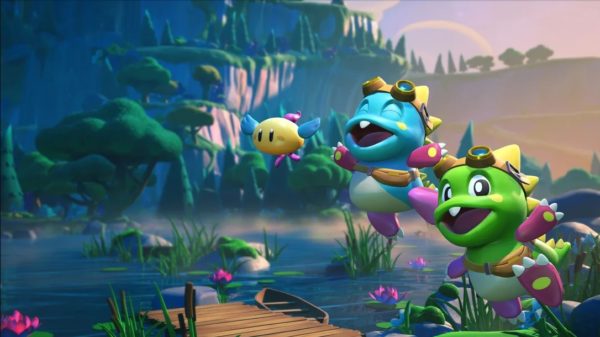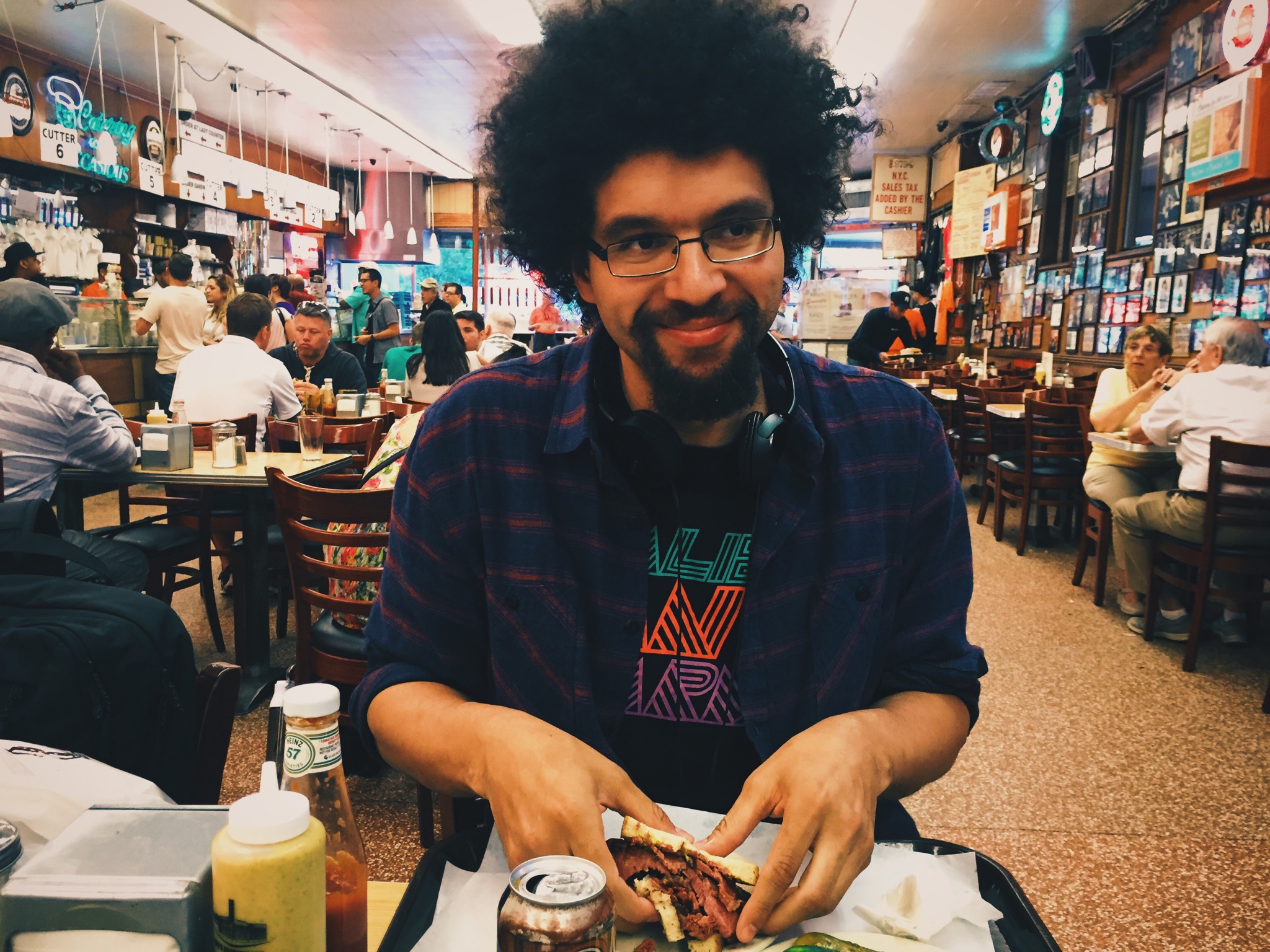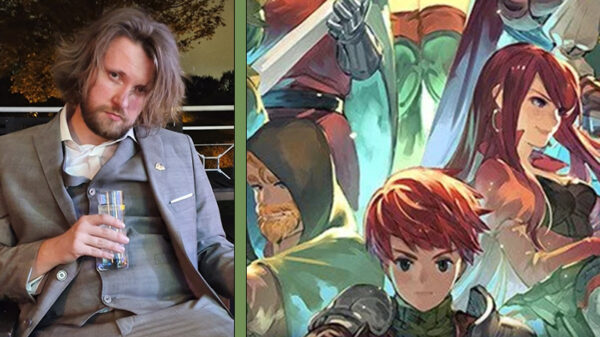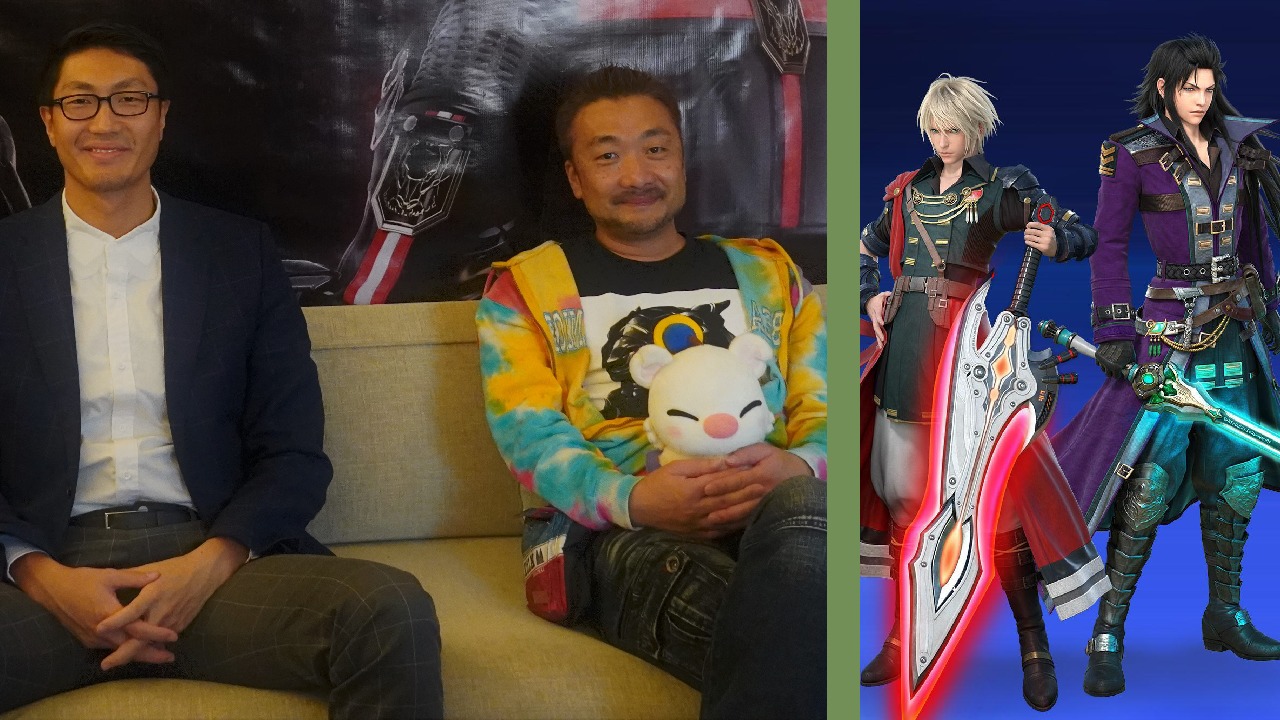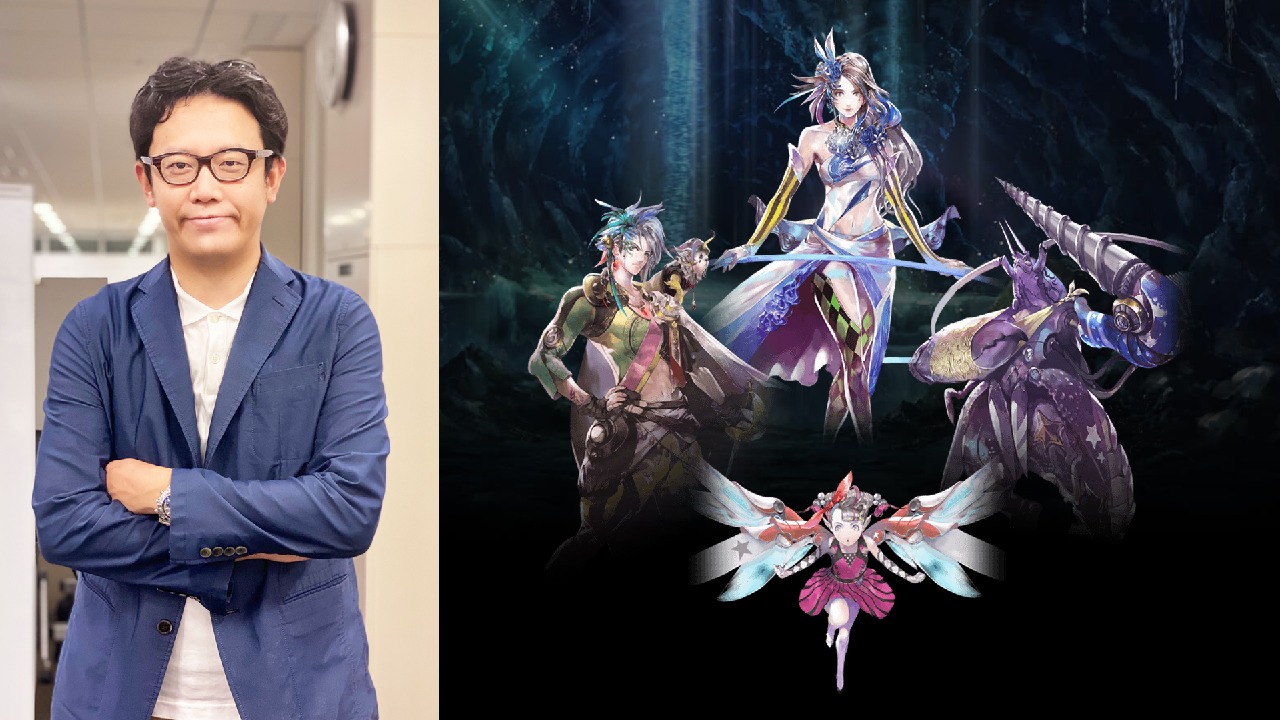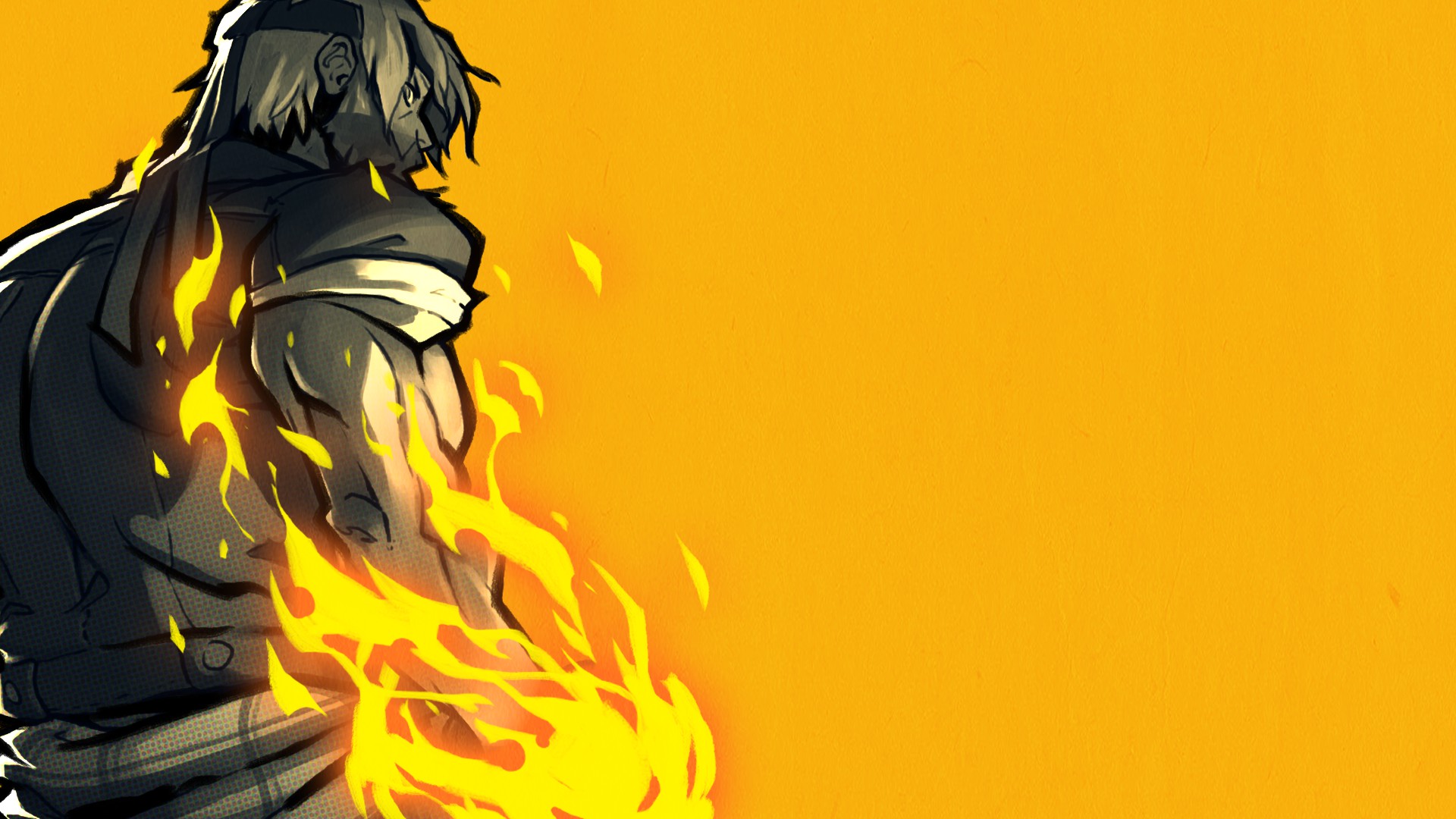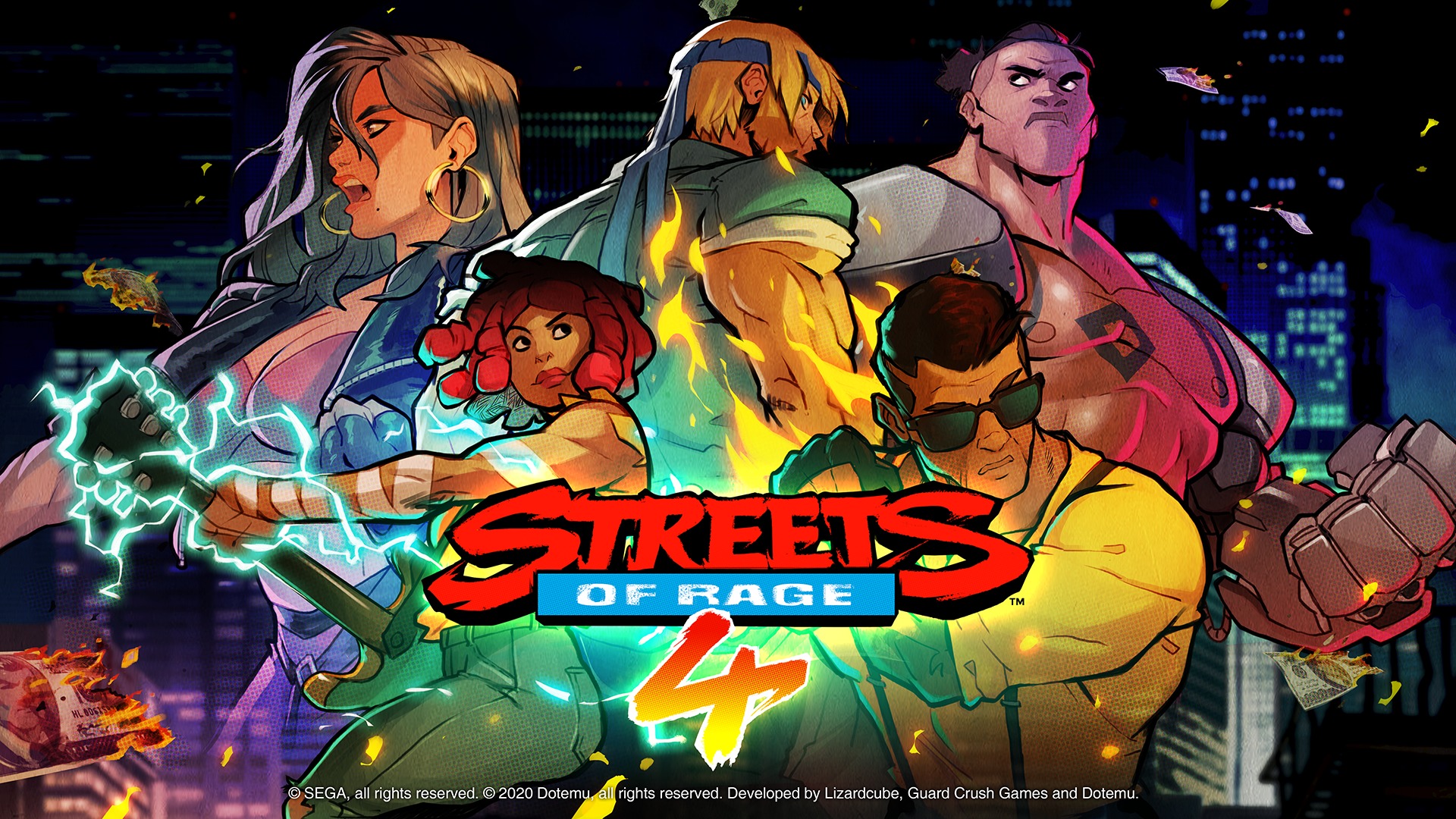I recently had the chance to interview Shawn Alexander Allen, the man behind the upcoming indie “Beat-Em-Up Tactics RPG Wrestling game”, Treachery in Beatdown City. We talked about beat-em-ups, life, and the games industry.
So it’s a bit of a heavy question, but who are you?
My name is Shawn Alexander Allen, and I’m the worst human being to ask that question (laughs) I come in multitudes. In relation to games, I’m from East Village New York, which was a very poor and very interesting neighborhood. As a bi-racial black person, people asked me weird questions on the street. I’ve seen a lot. Growing up playing beat-em-ups, Double Dragon looked like New York to me. I’d think “That’s the 80’s man”, with crack addicts and heroin addicts staring blankly at you or trying to attack you. Some of that stuff rings a little true.
I’m just coming from a comic signing, I wanted to be comic artist as a kid. I still don’t 100% remember what made me switch to games, but during the indie revolution I got to meet Nathan Vella of Cappy. It was Capybara Games back then, before it was a household name. I met heroes as well as people I didn’t know existed. At the time I was working at Rockstar, making videos and trailers, and I never put 2 and 2 together and considered myself a developer. I’d point out things that we could make look better in the trailer, which made me think with these indie people “I can do that”. I went to my first E3 as an EB games employee, but you can’t even get a badge that way anymore. You have to have influence now.
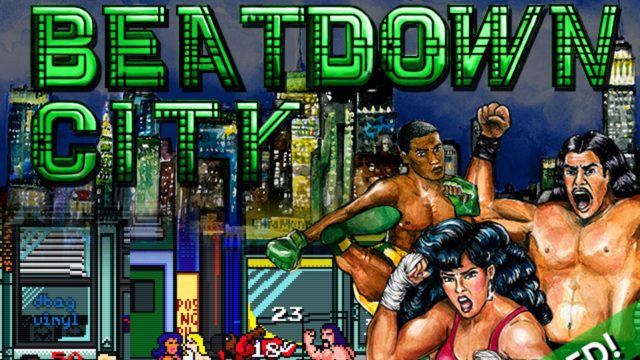
A lot has opened up in my mind while working on this game. Now I’m really happy we’re getting stuff like Get Out and Sorry to Bother You. Key and Peele’s humor, Brooklyn 99; all this humor is great and has black and brown people in it, and can be really cutting. I’ve been a visual artist since I was a kid, so I went from super poor in New York to a game store employee, then to Rockstar. I worked for four and a half years on trailers.
I didn’t know my dad, so when I was 30 my mom was like “oh if you search this name on the internet, you’ll find interesting pictures of your dad”. So I started searching, and it turns out he was an independent musician who made his own records, was in multiple bands, and played in a bunch of big New York clubs and opened for the band Suicide. I’ve been trying to track down info on my dad by talking to old 70’s rockheads. My mom wanted to be a poet, so it made sense to me that independent art would be the thing I had to go do. My art has to be funny but also political, like Shakespeare where it can go over someone’s head if they don’t pay attention to it, but if they notice it it’s cool. Hopefully that wasn’t too rambly (laughs).
Not at all! I asked who are you, which is a bit of a loaded question (laughs).
For sure (laughs).
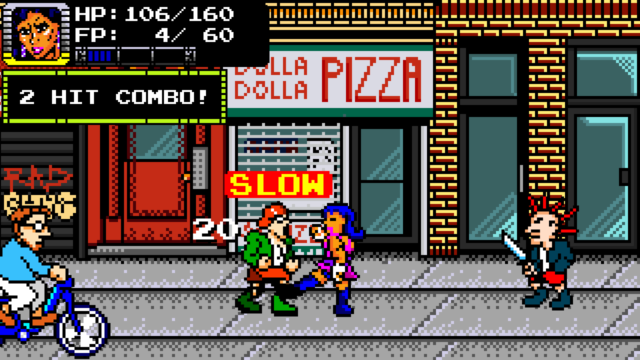
So what is Treachery in Beatdown City? You mentioned Double Dragon, is it partially inspired by that?
Yeah there are lots of inspirations. X-Men the Arcade Game, I loved. I like beat-em-up games a lot. I love the Punisher arcade game and it’s one of my favorite games of all-time, as well as Turtles in Time and Turtles 2, and Double Dragon III, which I think is a great game. My friend and I would mess with the game so that we could hit each other, and after clearing the first room we’d fight to the death to see who could clear the game (laughs).
So yeah, I guess that was a little bit of game design even back when I was 8 or 9. Ninja Turtles and Double Dragon would be the quintessential things to me. People who know me would say I’m an encyclopedia of beat-em-ups. I’ll buy good ones and bad ones on Steam; all the new ones whether they’re good or bad. I’ll drop $100 on random beat-em-ups that should probably go to food or bills (laughs).
More or less a business expense (laughs).
Right! And being in the industry, I’ll get games for free and really like them, then pay for bad games and I’m like “I wish it was the other way around!” I’m big into RPGs like Final Fantasy 2 and 3 (known as Final Fantasy IV and VI in Japan and now in the West), Secret of Mana .But I think Secret of Evermore is way better than Secret of Mana, partially because it has a better plot and better writing.
I remember I wanted to get Chrono Trigger, but it was too expensive and the store was closed. So while I was walking home, I found $20 on the street and went to Toys ‘R’ Us, bought Secret of Evermore, and fell in love with it. Tactics games like Tactics Ogre and Final Fantasy Tactics, but I like Tactics Ogre more. We don’t have a lot of beat-em-ups now, just Castle Crashers and that’s it. So I wanted to make a beat-em-up, a great beat-em-up.
I mostly played games by myself as a kid, so I played a lot of RPGs and Wrestling games and stuff. I love Fallout 3 and the V.A.T.S. system, even though I don’t like first-person shooters that much. All these things combined made me think “what if you took these elements and made a beat-em-up that was an RPG that wasn’t slow?”. You don’t stand around, you have to do what you do in V.A.T.S. and with wrestling games, where you have people all around you and only so much energy. Your brain doesn’t have to be twitchy, but you have to experiment a bit.
I wanted to get into competitive fighting, but I’m bad at Tekken and not quite at competition level in Street Fighter. So instead of memorizing combos off the menu, I thought “what if you made the combos on the menu?”. That way if you lose, it might be funny to you and you can go right back in and try again.
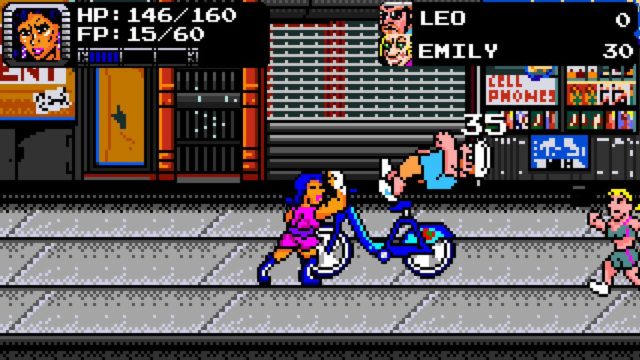
It sounds like Treachery was inspired by a lot of titles. From what I saw I can see what you mean, it’s kind of its own genre.
I describe it as “The Beat-Em-Up Tactics RPG Wrestling game of your dreams” (laughs).
It really rolls off the tongue.
Yeah! (laughs). Most people come to me and say “it sounded strange when you were explaining it, but now that I’m playing it, it’s the game I always wanted”.
That’s always a positive thing to hear. As a Kickstarter project, what are some of the challenges of making a crowd-funded project. I talked to Iga-san (Koji Igarashi, director of numerous Castlevania games) about this when I interviewed him, and he said it’s a different type of pressure on the fans’ side. Do you feel that, or do you have your own specific challenges?
So I work with a coder and a musician, and that’s about it. I do everything else, so who writes cutscene dialog, who does design thing, who does QA, it normally comes down to me. It’s interesting because there are people I met through the Kickstarter and I can feel it in my heart. My first kickstarter failed, and it ended the day I left to GDC that year. I was staying at a friend’s apartment and he had no internet, so when I woke up and found out it failed, it was crushing, and it became one of the hardest months in my life.
I get to GDC and am meeting press people and devs, and they’re like “man I don’t know why that didn’t work out, what are you going to do?” and I just said “this game needs to come out”. A lot of people were like “you could always restart it” so instead of being a normal human being and waiting a bit, I decided to restart it in two and a half weeks (laughs). When I started, I thought you had to keep this stuff to yourself, so it failed because I didn’t talk about it or market it. I’m not used to marketing my own things, so it was difficult. I’m used to working in companies that have marketing divisions.
I was like “people like this game and know me on twitter”, so I took all of GDC week to tell people about the game and demo it at things, then I just kept saying “this is coming in two weeks, one week, tomorrow”, then we went into PAX, so I demoed for two straight days in the Kickstarter booth, then another day in the Indie mini-booth. I had some fans who would post it on NeoGAF and all these places, then people in the industry picked it up when it was failing and just three days away. It did like $25,000 in three days, it was insane.
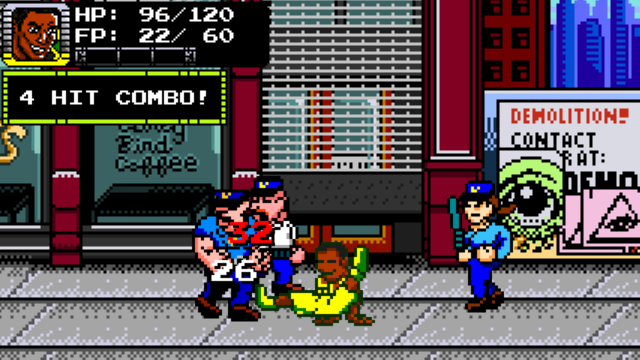
That must have been an amazing but confusing feeling.
For sure, it rocked me to the core. I was incredibly happy, sad, and everything at the same time. 28% of funds came from Twitter referral links, which is crazy. People saw this as a thing that was important, so all sorts of people from the industry took time to promote it on their Twitter. These are people that I met because of the game, and this was back when people had faith in Kickstarter because Mighty No. 9 hadn’t come out and destroyed everyone’s hopes and dreams (laughs). When I looked at that I thought “this is going to be a disaster”, and that’s what it was. You didn’t see any in-game art from in the game, and if someone with money isn’t showing you any of the game, it’s not good.
Anyway you don’t want to let anyone down either. When a backer says “I don’t think this is coming out”, it’s like, man, I’ve spent a lot of time working on this, I haven’t gone through all this to not put out a game. Like for E3, I got up at 8 am the day before it started and left at 5 am the next day without sleeping because I was working on it. We wanted to make sure the Switch build was ready, so we worked like crazy. The game’s coming out, it’s just that games take time.
For the most part though, people are really supportive. A lot of industry people gave me great advice as well, stuff like “it’ll come out when it comes out, do what’s best for you”. Every few months I’ll get messages like “is this project doing okay?”, and I have to say to follow me on Twitter for smaller updates inbetween major updates. Kickstarter is a mailing list and it spams up people’s inboxes so they turn off updates, then they end up wondering if there are any updates.
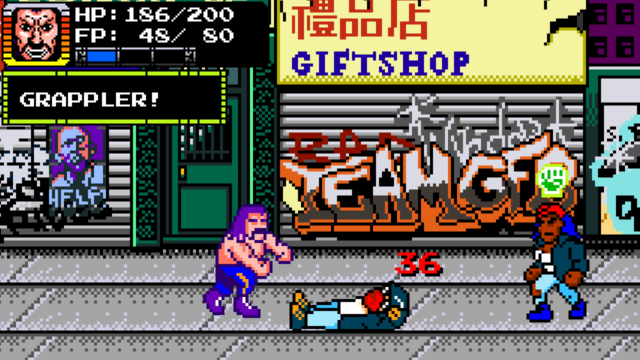
I can imagine that would be frustrating. So do you have any advice for aspiring game devs?
Start small. Start smaller than what you even think is small, because I thought this game was small and it is not (laughs). I feel like perseverance and trying to finish stuff is good. There’s this designer, Ethan Redd, who picks up and puts down projects a lot. He used to just pick up and put down projects that were nowhere near releasable. Now he’s working on fully fleshed things, and he’s only like 24. We have something called the Game Devs of Color Expo, and Ethan was one of my favorite speakers. He talked about how he got into it, and he’s really new.
Finding out how a lot of different people do things is best. It can be really easy to get discouraged. Devs in Canada and Australia can get money from the government to make games, but the U.S. doesn’t have that. Seed funding is so important. So I feel like scope is super important. Try to get something done that says something. Not just anything specifically, like it doesn’t have to be sad. I try to avoid that. Just realize when you do make something, it does say something. I’ve seen people who try to say one thing while making a game who have to change it, like Ben Esposito, because they realize that appropriating from indigenous people isn’t the way to go anymore. I’m not saying don’t be ambitious, but be realistic. Try to be like “well, I’m gonna stick with this thing”.
There’s this whole thing about sunken time fallacy. It’s only a fallacy until you have something on the hook. I owe people things as a result of Kickstarter, so I can’t just walk away from my game. Don’t say “we told people we were going to do this” and then we realized they were financially unrealistic or we don’t have the skills to do that.
And you don’t want to accidentally send the wrong message. A game about collecting things could just easily be about capitalism. If someone says “hey that thing you made is weird because of this and that”, then you double down with “that’s not what I meant”, but it doesn’t matter what you meant since you made the thing that said the thing. I think there’s a lot of stuff that doesn’t say anything that does okay on the game market, but I think a game that says something really well is better.
Take a game mechanic and say something about it. When you see games that are really successful, a lot of times someone had something in the back of their head when they made it. When you see games that just kind of float around and disappear, it may be because it didn’t latch onto anyone because it didn’t say anything to anyone.
That’s an interesting perspective. I’ve never really thought of unintentional messages in most games before.
It can be a game about blowing up buildings or mowing lawns. It’ll always say something.

